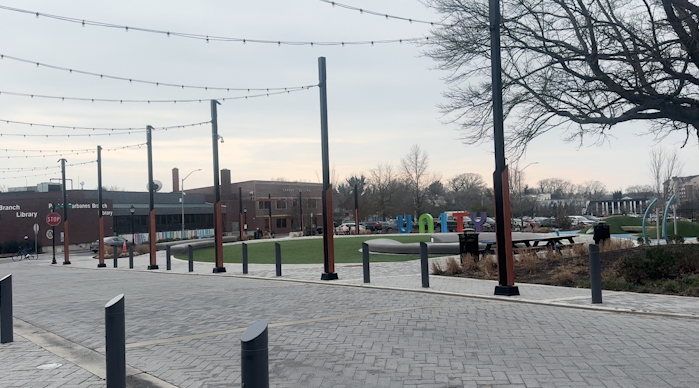No grant money means no medicine for prisoners addicted to heroin

Half a million dollars of Maryland state grant money to help prisoners addicted to heroin was dispersed to correctional facilities today, but none of it ended up on the Eastern Shore.
The reason why – local prison wardens said they were not given enough time to request grants to pay for drugs that help heroin-addicted inmates. The state of Maryland reportedly gave county correctional facilities about two weeks to gather information, write the grant request and submit it.
All this happened in early March when many counties were in the final days of working on their budgets.
To make matters worse they weren’t given any warning according to Wicomico Department of Corrections warden George Kaloroumakis.
“Correct it was a short notice grant and you can check it was never put on their website,” Kaloroumakis said.
The drug, Vivitrol, is a shot that takes away craving and the euphoric effects of heroin. The state’s plan allows for the shot to be administered a month before the prisoner is released in an effort to break the cycle of drug abuse and criminal activity. However just one shot can cost up to $1,500 and after the grant money runs out Kaloroumakis is unsure of where the money will come from.
“Somebody’s got to pay for it and if there isn’t money from the state to pay for it and there isn’t money from Medicaid to pay for it. What happens to the person?” said Kaloroumakis.
However Talbot County may have found a more cost effective solution. For that reason they opted not to request for grant money and instead went with their own program using the pill form of Vivitrol, Naltrexone.
“(The) Maryland program was limited somewhat in scope and we decided to take a different approach using an older drug which is virtually the same from the 1970’s that’s in a pill form,” said Douglas Devenyns, Talbot County Department of Corrections Warden. “The cost of the drug Vivitrol, which is injectable, ranges in price anywhere from it seems $600 to $1,500 per injection. Using the pill form will cost us about $23.70 per person, per month.”
If Talbot County’s program works, it could be the blueprint for a more cost effective option.


